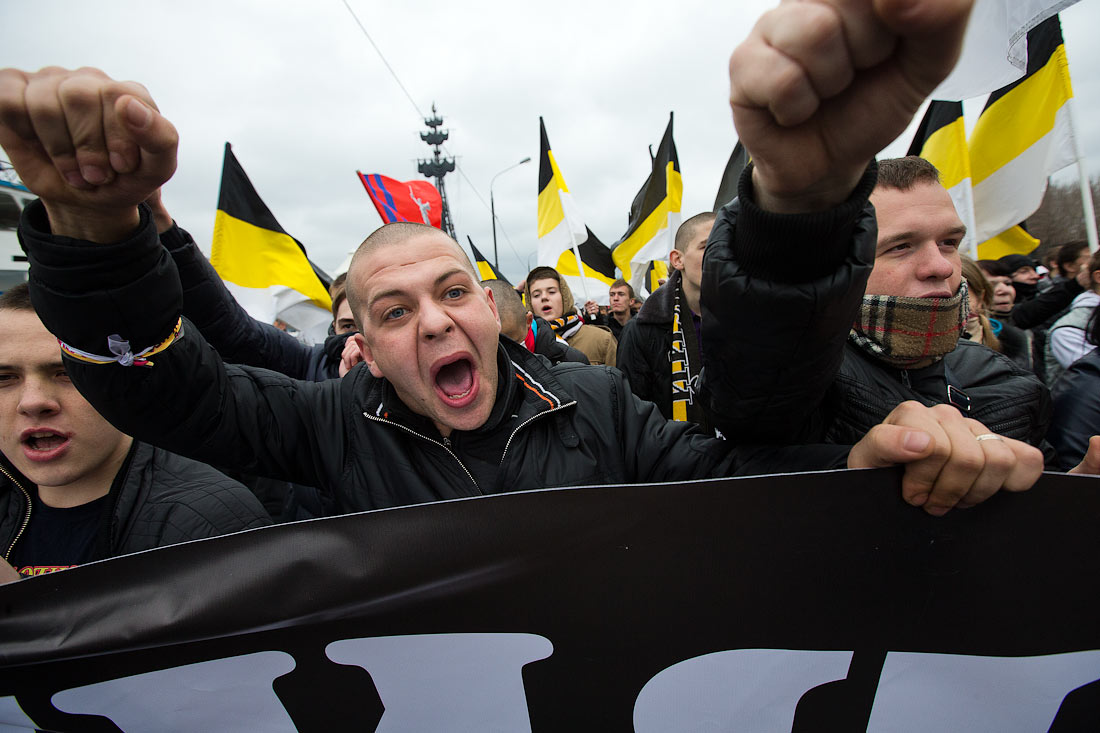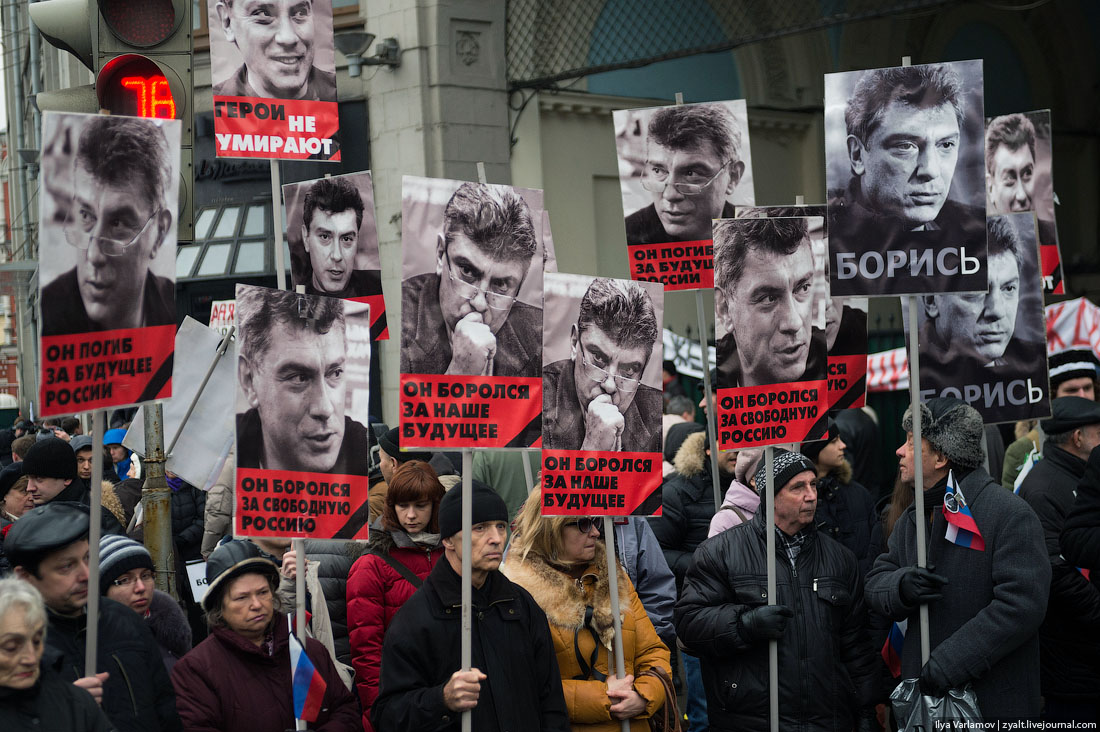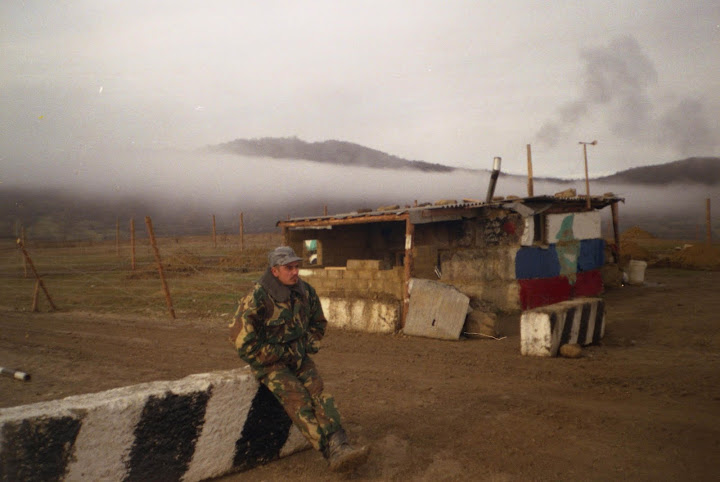By Nastya Stanko
“Journalists are regularly seen now at military hospitals. Their editors send them there to report on what they find. At first glance, it is hard to decide what to write because everything is the same: patients are lying in bed, or are walking around, or can be found sitting down. Perhaps the common theme is that they are all heroes; each and every one of them. For this reason, I find myself visiting hospitals more often these days.I already know several of the patients, some even from before the war, and others because of the war. They have been in fierce battles and have told me their experiences.
Today I visited “Morpiekh”. That’s the name I know him by, so called because he served at Feodosia (Crimea). That’s the name everybody calls him. He was well known to other journalists. I first met him in the town of Schastia, then at the metal works factory battle (in June). Today I just came to visit him.
He has no family, otherwise he says that he wouldn’t have become a soldier. Ironically, now he has 10 families who visit him regularly, together with their children. He was in a unit of 11 combat soldiers, but after the fighting near Lutuhyne, he alone survived. The battle was that brutal. Now their widows and children have a connection to him. They come and ask him what happened, what he can tell them of their husbands and fathers in the final hours of their lives. It is not easy for him to speak about these things.
He himself suffered shrapnel wounds to his body, including broken leg bones and nerve damage in his arm. There is a transplant surgeon who is working with him, a professor from Donetsk. He fled occupied Donetsk for Kyiv. I plan on telling his story in the near future.
The most powerful part of “Morpiekh’s” story, what brings him to tears, is the realization that even half a year’s worth of rehabilitation will not make him healthy enough to return to the battlefield.
I can see that he really needs companionship. He has been in hospital for 45 days already, meaning that the 40 day mark since the death of his brothers in arms has passed without commemoration. I invite everyone to visit him and spend some time with him. Today, for example, a little girl came by and gave him a Teddy Bear. He can be found in the trauma ward….
I can’t even imagine what it will take to heal the brokenness of all these war-riddled hearts.”
Source: FB page of Nastya Stanko, journalist for hromaske.tv; translated by Jeffrey Stephaniuk








